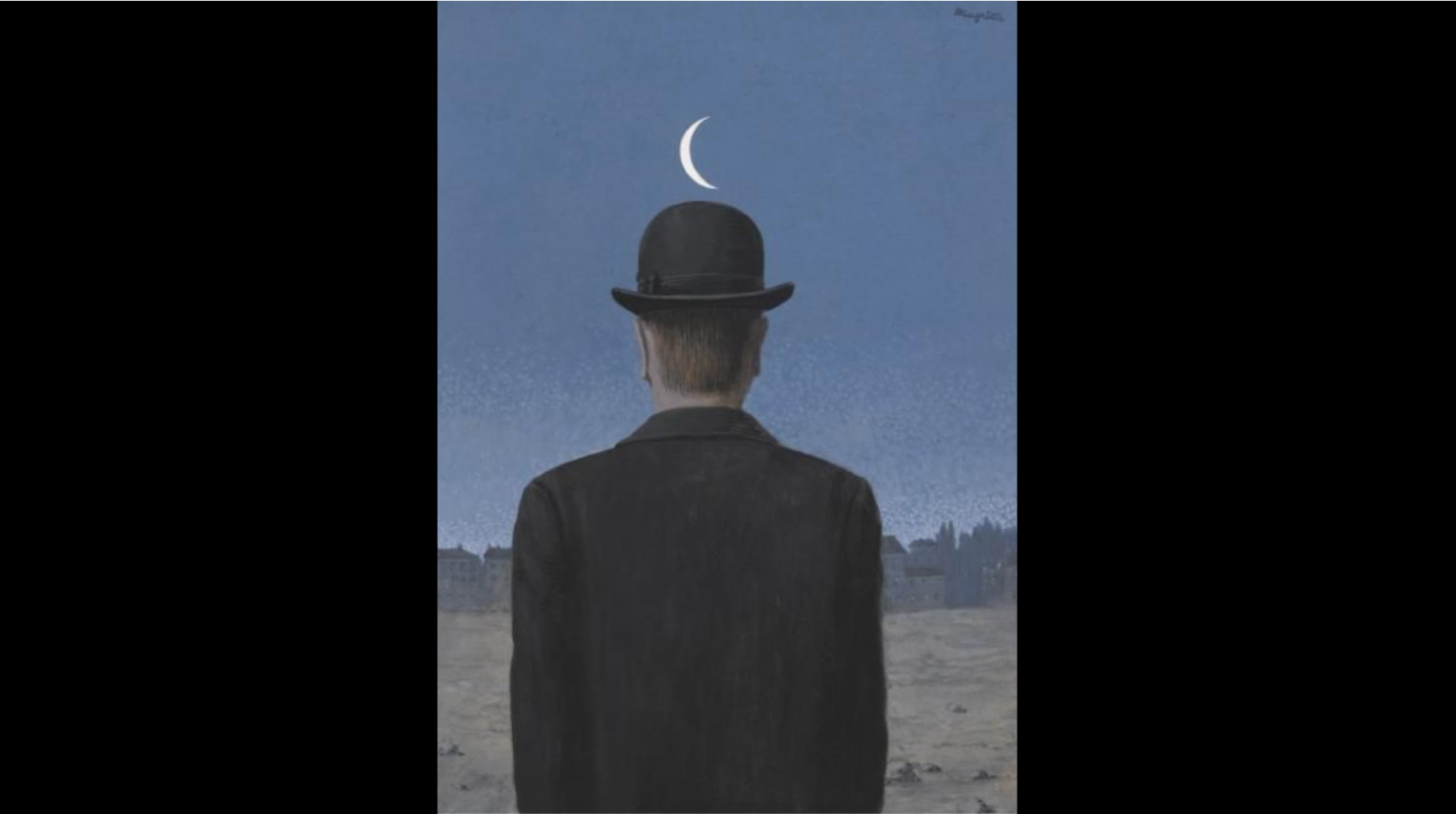The philosopher who makes occasional Mockingbird appearances, both in and out of disguise, is Blaise Pascal (1623–1662).
In addition to famously wagering on God, Pascal contributed to the theories of probability, geometry, and vacuums. He invented an early calculator, the Pascaline, to help his father, a tax collector. His name has been applied to both a computer programming language and an international metric for a unit of pressure or stress (one pascal = one newton per square meter). They say his niece’s eye infection was cured by a prick of a thorn a thorn from Christ’s crown; this may have precipitated his commitment to an ascetic life and his Pensées. After surviving an incident in which he escaped a carriage dangling from a high bridge, Pascal had a vision of God.
He scrawled the Mémorial on a scrap of parchment which he then sewed into the lining of his overcoat so that he would always carry the experience with him. A servant carrying Pascal’s dead body found the hitherto unmentioned, unknown note.
The poet Jorie Graham has written a series of “manteau” poems inspired by the idea of a note, a proof of God, sewn into an overcoat. It is through Graham’s book The Errancy that I first came across this story. Pascal’s yearning for both faith and science is something I was thinking of while writing Mockingbird. Mia, the protagonist, asks by means of thought and deed: is there meaning, a proof stitched into a hidden pocket, or are we but atoms in the void? Do we flicker in and out of meaning? Do our lives describe an arc best seen with eyes closed, arms outstretched?
painting by Magritte
